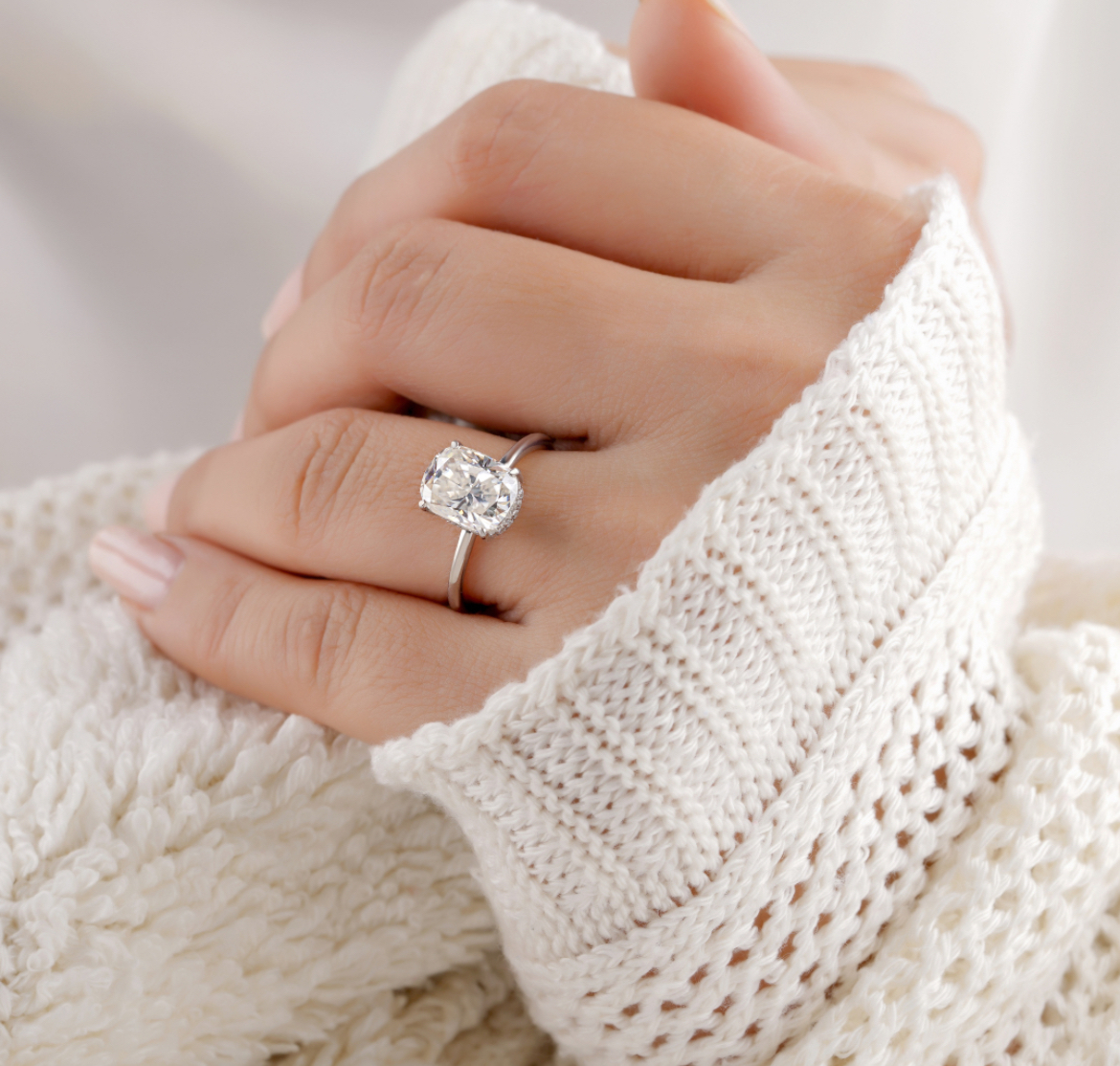A new study published by the Pew Research Center found 69% of young adults want to get married one day.
In the last 60 years, the median age for first marriages has steadily increased. A man in 1960 could expect to be married at 22. Today, the typical first marriage is at age 30.
Stereotypes of BYU students rushing to get married abound on social media, and some students and faculty shared the stereotypes may have truth to them.
“I know several people who got engaged around six months and married in nine months. It’s just become normal and acceptable in Provo,” BYU senior Ethan Rutherford said.
Rutherford said for many students, if a relationship works within the first few months then they start talking about engagement and marriage before the end of the year.
BYU School of Family Life professor Brian Willoughby said although BYU students marry earlier than the national average, it has been delayed over the years.

“What I always tell my students is that at BYU, although the patterns look somewhat different than the national trends, they follow the same patterns,” he said.
Willoughby received his bachelor’s from BYU and his master’s and PhD from the University of Minnesota. His work focuses on young adult relationship formations and why people move toward and away from marriage.
“Although we still look very different — we marry sooner, we marry quicker — there has still been the same cultural trends at BYU that we’ve seen in the larger U.S. trends,” he said. “They’re just a little bit slower to take hold.”
Some social media posts claim that members of The Church of Jesus Christ of Latter-day Saints, who abstain from sexual relations until marriage, rush to get married in order to have sex.
Willoughby said this is mostly a myth, but that it likely does impact the time between engagement and marriage.
“Just based on some data I’ve collected on BYU students, that ideal window from when they get engaged to how soon they get married is very quick, you know, it’s about three to six months,” Willoughby said.
Pew found 57% of young men said they want children someday, compared to a much lower percentage of young women (45%).
Willoughby said there are likely many factors contributing to this discrepancy between the sexes.
“A lot of women, young adult women in particular, have this perception that ‘if I get married, if I have kids, then I’m going to have to sacrifice my education, I’m going to sacrifice my career,’” he said.

Willoughby said many women feel like the number of eligible, marketable men that could be good fathers has been decreasing.
“If you look at college attendance rates, you know, incarceration rates, the men in this country are struggling,” he said.
However, most men aren’t noting the same problems when searching for a potential match, Willoughby said.
Although marriage and family have become less culturally significant, Willoughby said the majority of people still plan on being married.
“When people are asked if they expect to get married, almost everyone still says yes,” he said. “When you add qualifiers and say ‘do you need to get married for a fulfilling life?’ The percentage really drops.”
In the same study, Pew found 73% of young adults don’t feel pressure from their parents to get married.
“I think that’s one you can argue pretty clearly that there’s an opposite trend,” Willoughby said.
With a religious culture like BYU’s that focuses on the idea of an eternal family, Willoughby said there can be a unique pressure and stress on young adults to get married.
Studies have shown those who are married are healthier and happier than unmarried individuals.




